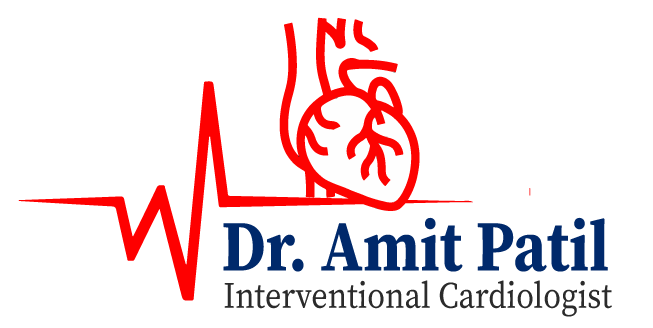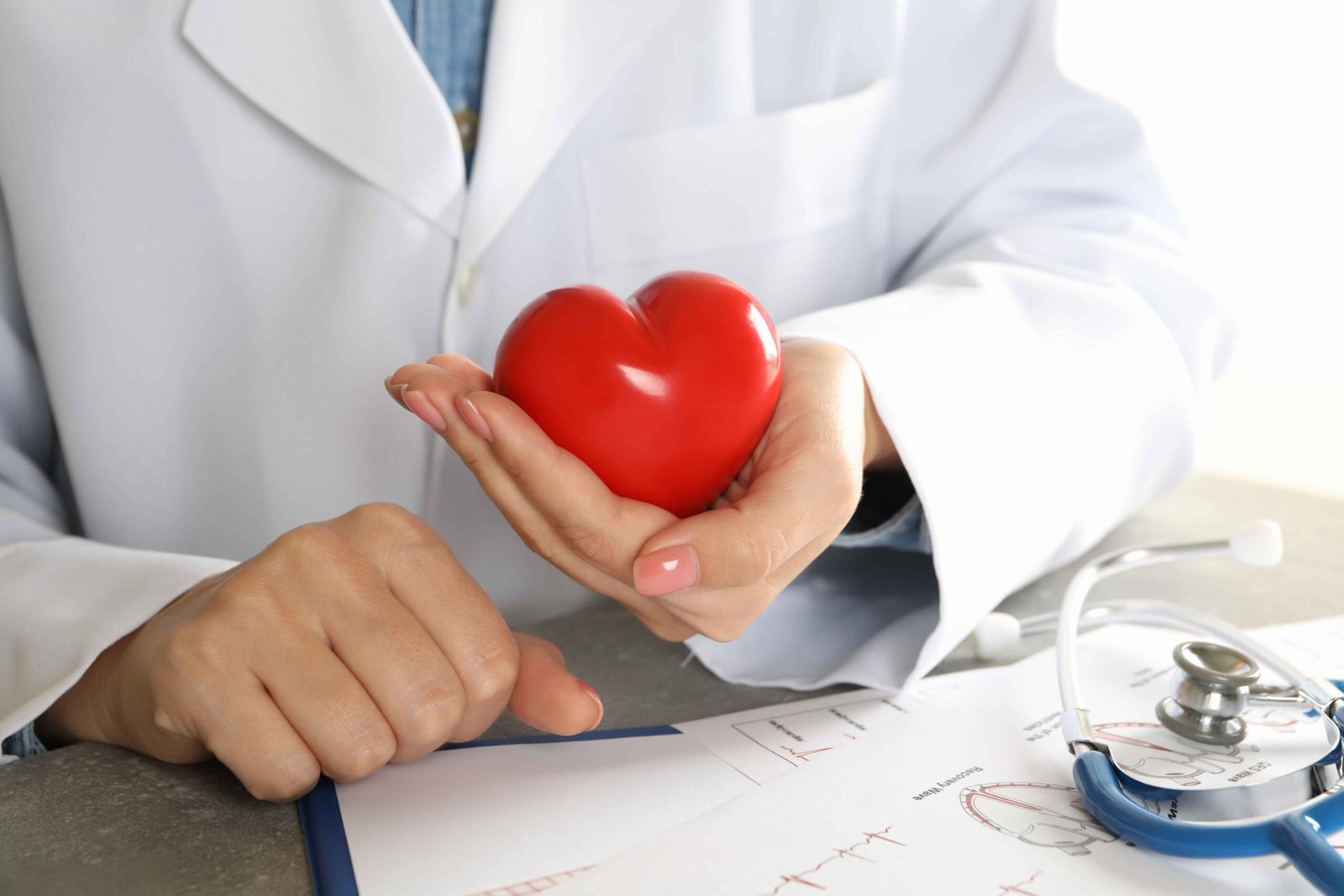Heart attacks, medically known as myocardial infarctions, are life-threatening events that occur when the blood supply to a part of the heart is blocked. Recognizing the symptoms of a heart attack is crucial for seeking prompt medical attention, which can save lives and prevent severe damage to the heart muscle. This blog explores the common and lesser-known symptoms of heart attacks, how they can vary among individuals, and the importance of timely intervention.
Common Symptoms of a Heart Attack
Chest Pain or Discomfort
The most common symptom of a heart attack is chest pain or discomfort. This pain is often described as a feeling of pressure, squeezing, fullness, or pain in the center or left side of the chest. It can last for more than a few minutes or go away and come back.
Shortness of Breath
Shortness of breath can occur with or without chest pain. It may feel like you can’t catch your breath, are gasping for air, or are experiencing tightness in the chest. This symptom can happen during rest or physical activity.
Pain in Other Areas of the Body
Heart attack pain isn’t always confined to the chest. It can radiate to other parts of the body, including the arms (particularly the left arm), back, neck, jaw, or stomach. This referred pain is due to the shared nerve pathways between the heart and these areas.
Cold Sweats
Breaking out in a cold sweat is another common symptom of a heart attack. This sudden onset of sweating is not related to exercise or heat and can occur even in cool conditions.
Nausea or Lightheadedness
Feeling nauseous or lightheaded is a symptom that can accompany a heart attack. Some people may vomit or feel like they are going to pass out. This can be particularly misleading, as it may be mistaken for other conditions such as food poisoning or anxiety.
Lesser-Known Symptoms
Fatigue
Unusual or extreme fatigue that cannot be explained by other factors can be a sign of a heart attack, especially in women. This fatigue can occur days or even weeks before a heart attack.
Heartburn or Indigestion
Some people experience what they think is heartburn, indigestion, or stomach pain before or during a heart attack. This symptom is often overlooked, particularly in individuals who have a history of gastrointestinal issues.
Anxiety
A sudden feeling of anxiety or impending doom, often described as a sense of panic without a clear cause, can be a sign of a heart attack. This is the body’s way of signaling that something is wrong.
Dizziness
Feeling dizzy or lightheaded, especially if it occurs suddenly and is accompanied by chest pain or shortness of breath, can be a symptom of a heart attack. This may be due to a sudden drop in blood pressure or irregular heartbeats.
Variations in Symptoms Among Different Groups
Gender Differences
Men and women can experience heart attack symptoms differently. While men are more likely to have the classic symptom of chest pain, women are more likely to experience shortness of breath, nausea, and back or jaw pain. Women may also have milder symptoms that are not as immediately recognizable as a heart attack.
Age Differences
Younger individuals may not recognize the signs of a heart attack as readily as older adults. Symptoms can be more subtle, and younger people may dismiss them as stress or fatigue. It is important for all age groups to be aware of the potential signs and take them seriously.
Importance of Early Recognition
Recognizing the symptoms of a heart attack early can significantly improve the chances of survival and reduce the extent of heart damage. If you or someone else experiences the symptoms described, it is crucial to act quickly. Here are the steps to take:
- Call Emergency Services: Dial emergency services immediately if you suspect a heart attack. Do not attempt to drive yourself or someone else to the hospital.
- Chew Aspirin: If advised by a healthcare professional, chewing an aspirin can help to thin the blood and improve blood flow to the heart.
- Stay Calm: Try to remain as calm as possible while waiting for medical help to arrive. Stress and anxiety can exacerbate the situation.
- Follow Instructions: Listen to and follow any instructions given by emergency responders over the phone until help arrives.
Preventive Measures
While recognizing the symptoms of a heart attack is vital, taking preventive measures can significantly reduce the risk of experiencing one. Here are some key strategies.
Healthy Lifestyle
- Regular Exercise: Engage in at least 150 minutes of moderate aerobic activity or 75 minutes of vigorous activity each week.
- Balanced Diet: Eat a diet rich in fruits, vegetables, whole grains, lean proteins, and healthy fats.
- Avoid Smoking: If you smoke, seek help to quit. Avoid exposure to secondhand smoke as well.
Regular Health Check-ups
- Monitor Blood Pressure and Cholesterol: Regularly check your blood pressure and cholesterol levels, and follow your doctor’s recommendations to keep them in a healthy range.
- Manage Diabetes: If you have diabetes, manage your blood sugar levels carefully with the help of healthcare professionals.
Stress Management
- Mindfulness and Relaxation: Practice mindfulness techniques, such as meditation or yoga, to manage stress.
- Adequate Sleep: Ensure you get 7-9 hours of quality sleep each night.
Conclusion
Heart attacks are serious medical emergencies that require immediate attention. Understanding and recognizing the symptoms can save lives and prevent significant heart damage. By being aware of both the common and lesser-known symptoms, and understanding how they can vary among different groups, you can be better prepared to act swiftly if you or someone else experiences a heart attack. Remember, prompt action is crucial—when in doubt, seek medical help immediately. Prioritizing a healthy lifestyle and regular health check-ups can also play a significant role in preventing heart attacks and maintaining overall heart health.
FAQs
Frequently Asked Questions
The most common symptoms include chest pain or discomfort, shortness of breath, pain in the arms, back, neck, jaw, or stomach, cold sweats, and nausea or lightheadedness.
Yes, a heart attack can occur without chest pain, especially in women, the elderly, and people with diabetes. Other symptoms like shortness of breath, nausea, and pain in other areas of the body can be indicative of a heart attack.
Heartburn typically feels like a burning sensation in the chest and is often related to eating. A heart attack, on the other hand, may involve chest pain or discomfort that can radiate to other parts of the body, along with symptoms like shortness of breath, cold sweats, and nausea.
Yes, young people can have heart attacks. They should watch for symptoms like chest pain or discomfort, shortness of breath, pain in other areas of the body, cold sweats, nausea, lightheadedness, and unusual fatigue.
If you suspect you’re having a heart attack, call emergency services immediately. Chewing an aspirin (if not allergic) can help while waiting for medical help to arrive. Try to stay calm and follow any instructions given by emergency responders.
Yes, a silent heart attack can occur without the typical symptoms of chest pain. Individuals may experience mild or unrecognized symptoms, such as fatigue, discomfort in other areas of the body, or shortness of breath.
Preventive measures include regular exercise, a balanced diet, avoiding smoking, moderating alcohol consumption, managing stress, maintaining a healthy weight, monitoring blood pressure and cholesterol levels, and regular health check-ups.

